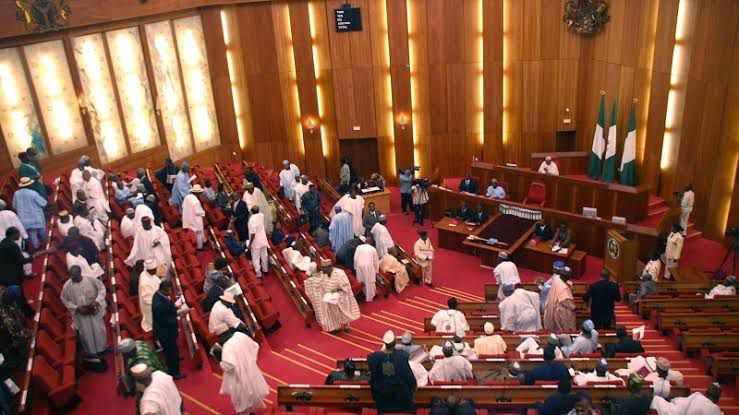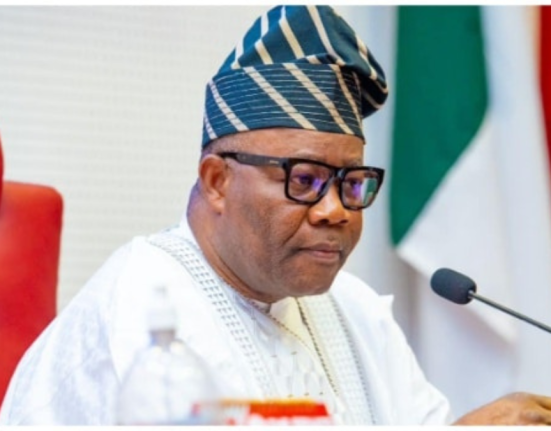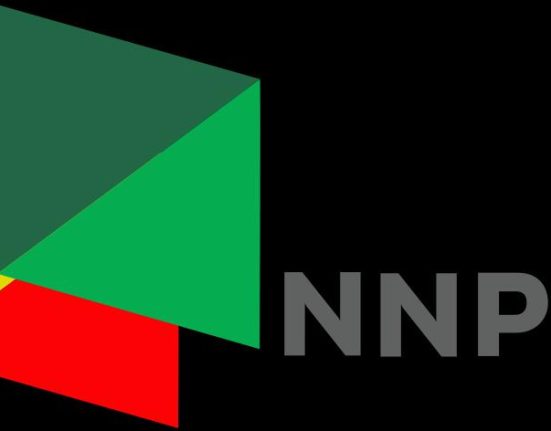The Nigerian Senate has passed a bill requiring all Ministries, Departments, and Agencies (MDAs) to prioritize locally manufactured goods and services in their procurement processes. This legislative move aims to bolster indigenous industries, reduce foreign exchange outflows, and stimulate economic growth.
Sponsored by Senator Patrick Ndubueze (APC, Imo North), the bill, designated as SB. 613 has passed its second reading. It seeks to amend existing procurement laws to enforce the patronage of Nigerian-made products, particularly in the automotive sector. The legislation also outlines criteria to distinguish genuine manufacturers from mere assemblers, emphasizing factors such as local workforce composition, investment in research and development, and technological capabilities.
Senator Ndubueze highlighted the decline in Nigeria’s automotive industry, noting that only six out of 28 licensed assembly plants remain operational, primarily due to foreign exchange challenges and infrastructural deficits. He cited the example of Innoson Vehicle Manufacturing Company, which produces a range of vehicles, including electric and CNG-powered models, as evidence of the potential within Nigeria’s manufacturing sector.
The bill aligns with broader governmental efforts to promote local content. Vice President Kashim Shettima reaffirmed the Federal Government’s commitment to Executive Order 003, which mandates MDAs to prioritize locally manufactured products. He emphasized the need for a competitive manufacturing sector to reduce import dependency and stimulate economic growth.
In a related development, the House of Representatives is considering a similar bill, the “Local Industry Patronage Bill, 2024,” aimed at ensuring that MDAs give priority to local goods and services in procurement. This legislative synergy underscores a unified approach to revitalizing Nigeria’s manufacturing sector.








